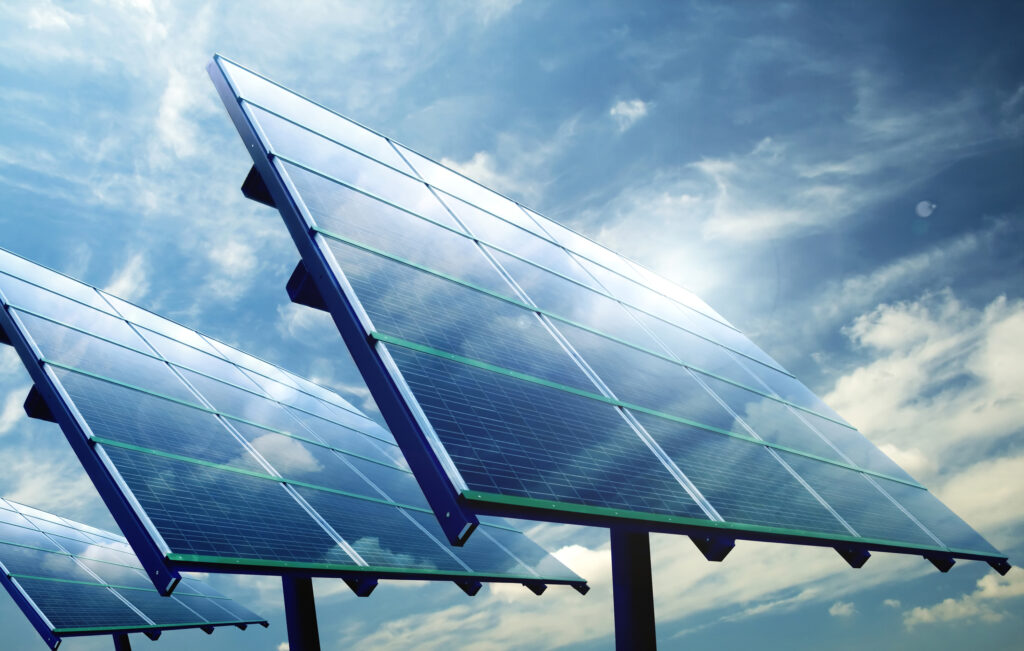Advantage Partners’ hydrogen fund links US clean fuel maker with Japan – Deal Focus
Advantage Partners has set the tone for its Japan Hydrogen Fund (JHF) by selecting US-based electro-fuel (efuel) developer Infinium as the debut investment. JHF, a global fund targeting the breadth of the hydrogen value chain, had raised about USD 430m against a USD 1bn target as of a second close in December.
Infinium is demonstrative of the strategy that it is a greenfield project developer with minimal technology risk on the cusp of a commercialisation and scaling stage. It also represents a significant opportunity in terms of building international networks and pursuing various R&D cross-pollinations with JHF’s connections in Japan.
Advantage launched JHF in November 2023 alongside the Japan Hydrogen Association (JH2A), attracting initial LP support from the likes of Toyota Motor [TYO:7203], Iwatani Corporation [TYO:8088], and Total Energies [EPA:TTE].
Its key value proposition is to connect global companies with JH2A, which includes Toyota, Toshiba [TYO:6502], Panasonic [TYO:6752], Kawasaki Heavy Industries [TYO:7012], and Mitsubishi Gas Chemical [TYO:4182].
“We are an independent fund, but we represent the JH2A, which consists of 475 companies and organisations as of January 2025. That’s basically every major company in Japan involved in the energy transition,” said Keiichi Suzuki, a partner at Advantage who heads JHF.
“So, there is a lot of potential for off-taking, technology collaborations, and licensing. This is not just an investment in one company – it’s a collaboration between Infinium and Japan Inc.”
Funding expansion
Infinium specialises in developing efuels at near-zero carbon intensity as a replacement for fossil fuels in aviation and other long-haul transportation and chemical industries. It describes its process as ultra-low carbon, leveraging scalable feedstocks that do not compete with food or land resources, namely renewable power, CO2 and water.
The company’s most advanced product area is electro-sustainable aviation fuels (eSAFs), which distinguish themselves from conventional SAFs by being derived from renewable energy. Offtake agreements are already in place with American Airlines [NASDAQ:AAL] and International Airlines Group [LON:IAG], the parent company of British Airways.
JHF is contributing to Infinium’s Series C round, for which the company has raised at least USD 150m to date from Brookfield Asset Management [NYSE:BN], Amazon [NASDAQ:AMZN], Mitsubishi Heavy Industries [TYO:7011], NextEra Energy Resources [NYSE:NEE], Development Bank of Japan (DBJ), and SK Innovation [KRX:096770] among others.
Advantage took comfort in Brookfield’s confidence. The US infrastructure investor, which is leading the Series C, separately agreed to invest USD 200m last September, laying out plans to deploy up to USD 1.1bn in total.
The Japanese private equity firm is taking a similarly staged approach. This involves committing a relatively small sum to Infinium as a development entity in Series C that effectively reserves the right to invest up to USD 150m in expansion projects at the real assets level as and when they roll out.
“This space is becoming competitive and the best projects are selling first, so we wanted to secure our right to invest. This round in Infinium is also our entry ticket for the future projects,” said Rintaro Mori, a senior associate at Advantage focused on renewables and sustainability.
“The third and further plants are already in the pipeline. We’re hoping that we’ll have a FID [final investment decision] on them in a few years and can start construction.”
Big picture
In addition to clarifying the strategy of JHF, the deal is significant as evidence that hydrogen is quickly going mainstream despite a deep-tech connotation.
The number of hydrogen projects globally grew 7x since 2020 to 1,572 as of last May, according to a report released last September by the Hydrogen Council and McKinsey & Company. Over the same period, the number of projects recognised as “clean” that had received FID quadrupled to 434 and saw their committed capital grow 7x to USD 75bn.
Advantage touts JHF as an ambitious, first-of-its-kind fund but also one that is soundly in line with Japanese government policies on energy transition and the development of the Indo-Pacific Economic Framework for Prosperity (IPEF).
Suzuki noted that while all of the fund’s investments will be greenfield operations with developing technology, the risk is more private equity and infrastructure than venture capital.
“We need to see at least a pilot plant or product. In this case, we had to see the fuel coming out, and we did. We visited their demonstration plant in Texas, which has been up and running for more than a year,” he said.
“Separating hydrogen from water is a 100-year-old technology, and it has been used to make fuel since World War II. The challenge is cost efficiency and scaling. That’s a risk we can and should take.”













